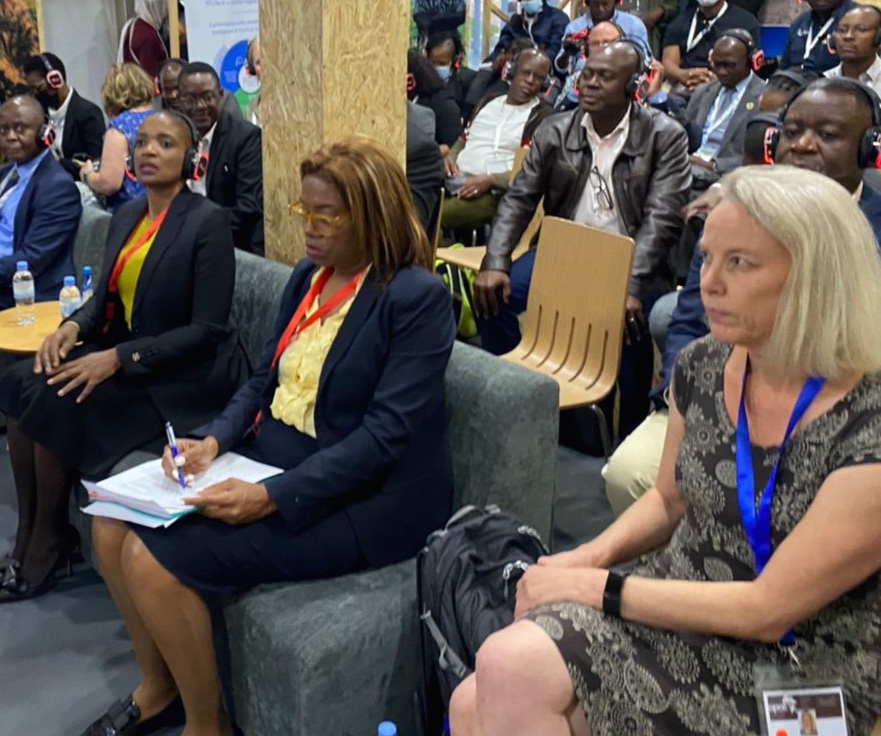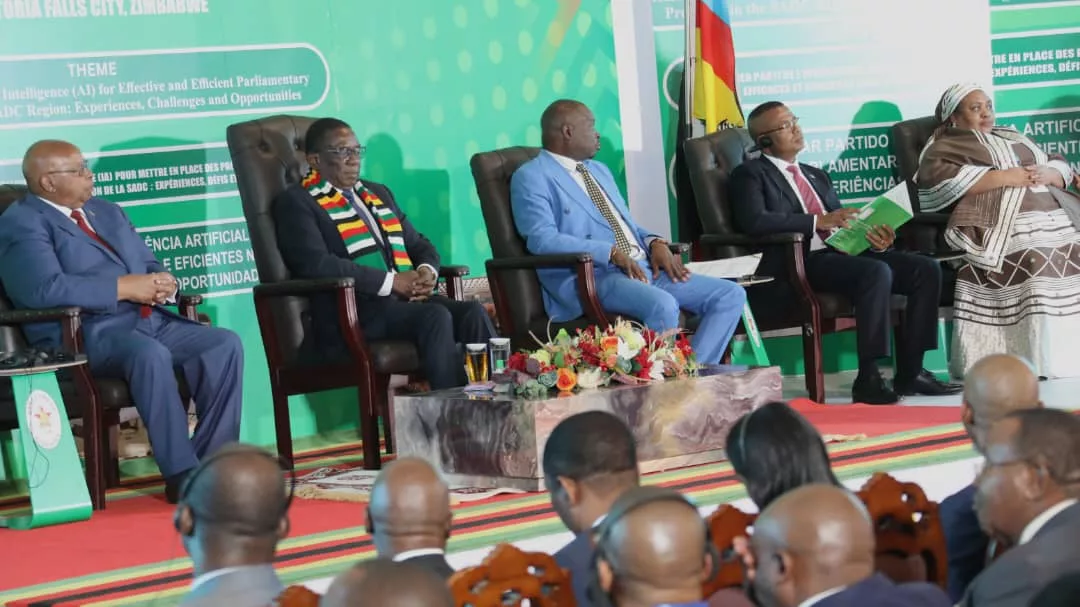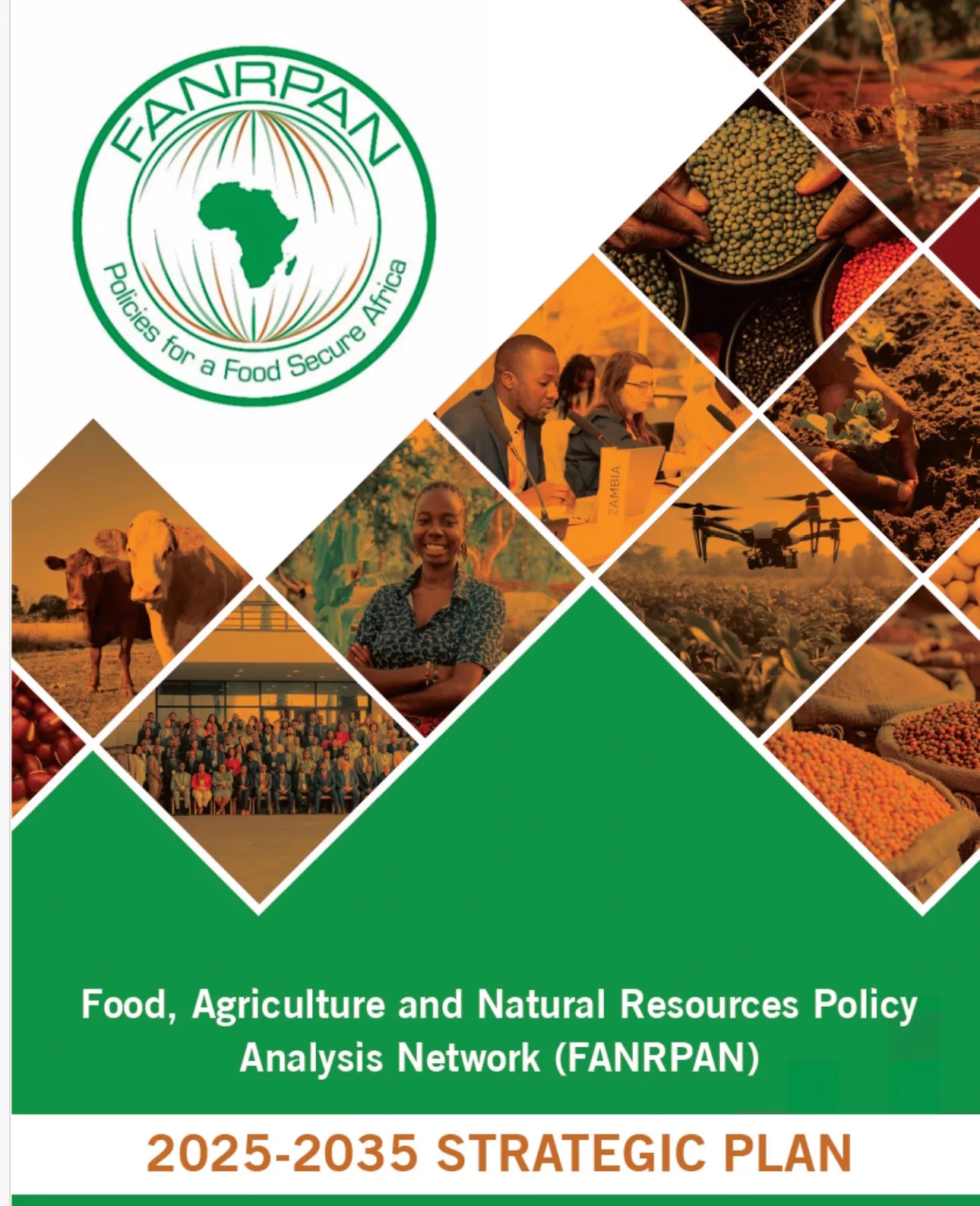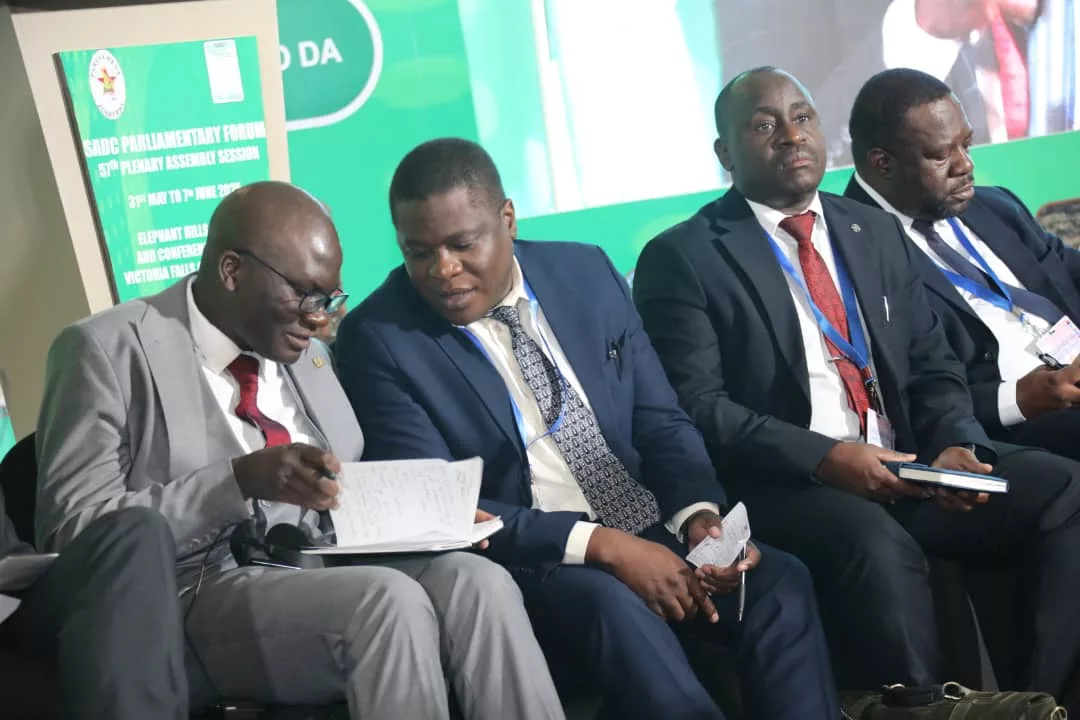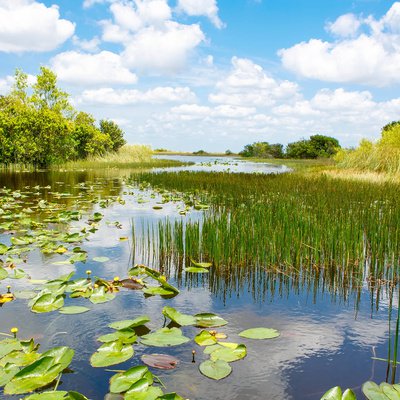|
Getting your Trinity Audio player ready...
|
The core around the Wildlife Economy is the transfer of the benefits to the communities, not only those adjacent to or around the protected and conserved areas, the Deputy Minister of Environment, Climate, Tourism, and Hospitality Industry Zimbabwe, Hon Barbara Rwodzi has said.
She made the remarks on the 19th of July 2022 at the official opening of the SADC pavilion on the sidelines of the Africa Protected Areas Congress (APAC) in Kigali, Rwanda under the theme, “Towards A Regional Wildlife – Based Economy Framework: Contributing to Transformative Economic Growth and Job Creation.”
Hon Rwodzi articulated that the Protection of conservation areas becomes key if Africa wants to sustain both the lives of the communities and that of nature particularly wildlife. She also said that the core of the Wildlife Economy is the transfer of the benefits to the communities and not just the communities that are adjacent to and around the Protected and Conserved Areas but even further away from the buffer zones of the very Protected Areas.
“Ensuring active participation of our communities is extremely key, these Protected Areas are for the communities and so we should give them a sense of ownership and belong within a guided sustainable framework that is holistic,” said the Deputy Minister.
The Deputy Minister also reiterated that there is a need for a Youth Forum from the SADC countries as youths are crucial in contributing toward decisions about Nature and it is very imperative and definitely a game changer and a new trajectory for Africa as a continent.
She also said that Wildlife Economy must seek to explore innovative ways to leverage wildlife resources to reduce poverty, create jobs for the communities, and conserve biodiversity and wildlife spaces. This is achieved through expanding tourism opportunities, enhancing the protection of the endangered species, ensuring sustainable use of wildlife resources and spaces, and addressing direct and indirect threats to sustainable wildlife economy such as Human-Wildlife Conflict, Climate Change, and Illegal Trade of Wildlife.
Hon Rwodzi expressed her gratitude to SADC for the Trans-frontier Conversation Area programme and requested that partner countries continue to embrace this important programme. Another special mention was also given to Africa Wildlife Fund (AWF) for assisting Zimbabwe to produce its inaugural Zimbabwe Biodiversity Report which provides a framework to improve the biodiversity economy in Zimbabwe.
The SADC pavilion will host a number of side meetings with key stakeholders and donors on wildlife management and protected areas.


